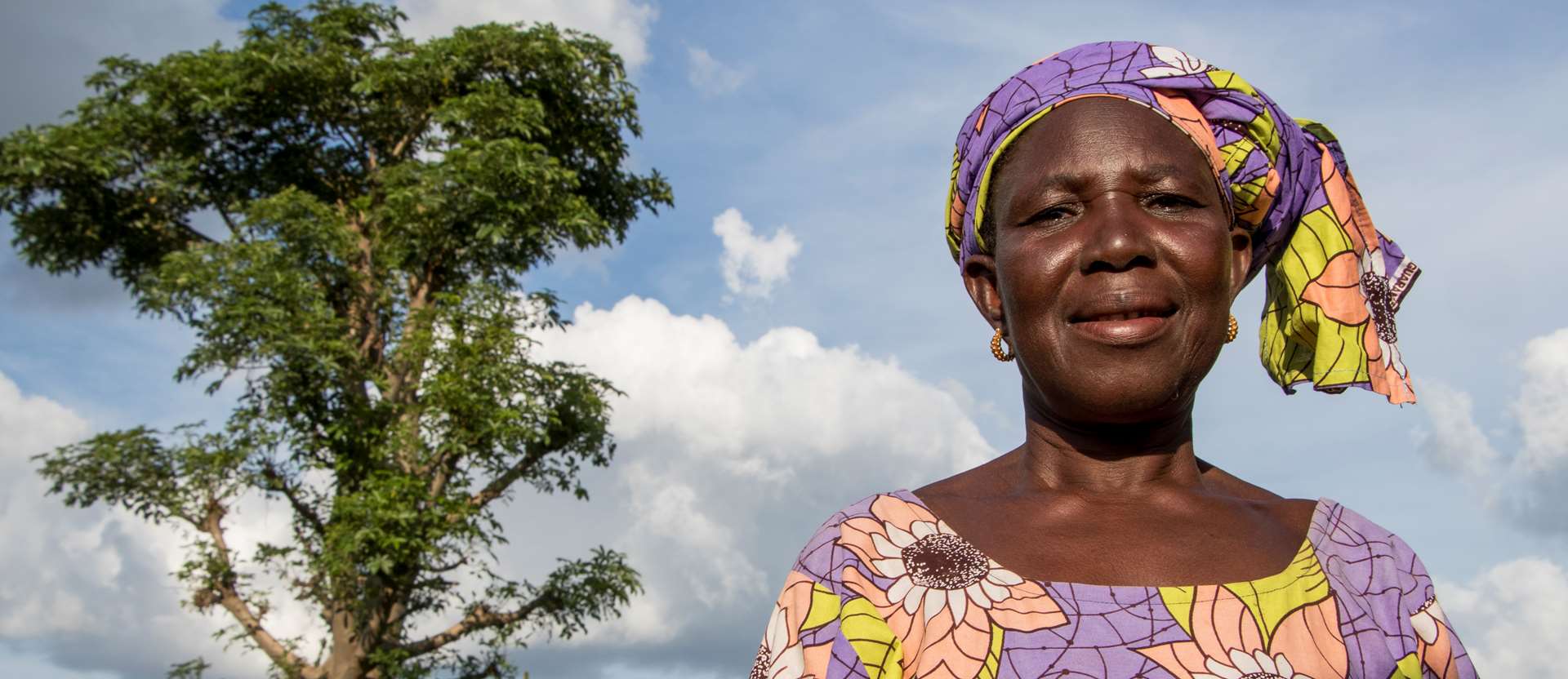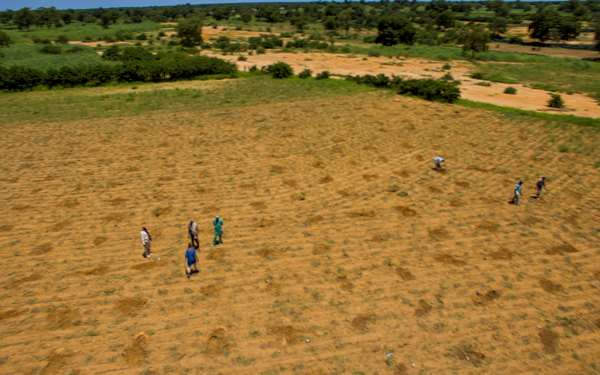
Growing the Great Green Wall
Working with communities to plant and regenerate native treesWhy is this project needed?
The climate crisis is causing temperatures to rise and weather patterns to shift across Africa. Land is losing fertility and people can't grow enough food. As a result, over one third of the population of Mali (43%) and Senegal (39%) are living in poverty. Here, many people face insecurity over their rights to natural resources. Women in particular rarely have access to the land, equipment and training they need to grow food to eat and sell.
Trees provide a solution, improving soil fertility and absorbing carbon dioxide to tackle the climate crisis. When crops fail to grow, trees survive to produce products to eat and sell, helping communities build resilience to the effects of the climate crisis.


Our aims
During the first year of this project, we are aiming to:
Increase tree coverage through Farmer Managed Natural Regeneration (FMNR), and tree planting. FMNR is a low-cost way of restoring land which is being used across Africa's drylands to combat poverty and hunger.
FMNR techniques include coppicing and pollarding to encourage the growth and recovery of existing trees and shrubs These techniques provide an easy, low-cost way for farmers to increase the number of trees available on their land.
- Plant 80,000 new trees
- Regenerate 20,000 trees through FMNR

